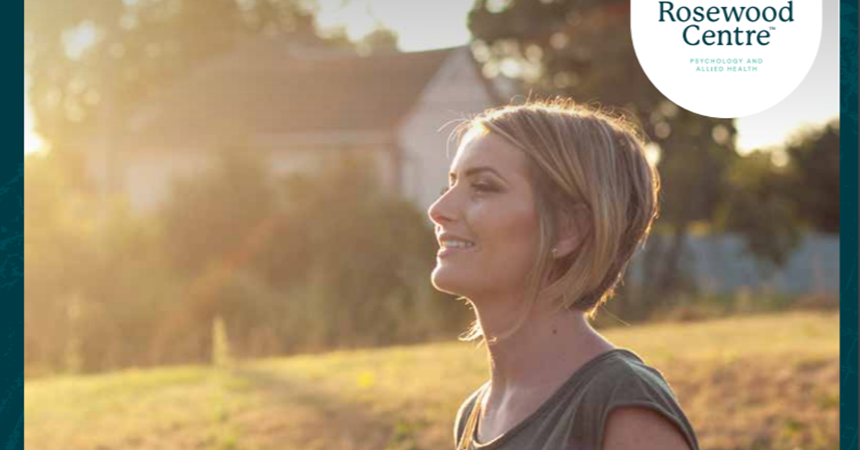Here we are at the end of June, with lockdowns and unpredictability continuing to rule over us, dictating areas of our lives that we previously took for granted as everyday freedoms. And nothing quite activates the autonomic nervous system like headlines about mutant COVID strains popping up across the country (or the prospect of reverting to home schooling!).
Since this kicked off, some of us have lost loved ones, lived with job security issues, experienced the relationship strains intrinsic to being confined to close quarters with others, financial problems, and so on.
Frustration, overwhelm, panic, or perhaps a level of desensitisation to unfolding events are some normal feelings in response to this kind of prolonged stress. Not to mention the productive guilt – social media and news mediums are a constant reminder that while Shakespeare managed to write King Lear in lockdown during the bubonic plague, I’ve only binged a few Netflix series from the couch in the life and times of COVID-19.
But when does understandable fatigue and related despondency crossover into a condition known as burnout, that has a more serious impact on our ability to take care of ourselves and do the things we know will safeguard our mental and physical wellbeing to see us through this?
The term burnout was coined in 1974 by Herbert Freudenberger in his book, Burnout: The High Cost of High Achievement. He defined burnout as “the extinction of motivation or incentive, especially where one's devotion to a cause or relationship fails to produce the desired results
Over the following years, Freudenberger’s theory was applied to workplace stress and employee engagement. However, there are lessons we can draw on that apply to what we are experiencing now; particularly in recognising burnout related to the pandemic and strategies to mitigate a longer-term impact.
Symptoms of burnout
- Exhaustion
- Cynicism
- Avoiding previously pleasurable activities
- Irritability
- Difficulty concentrating
- Sleep disruption – difficulty getting to sleep and/or staying asleep
- Physiological symptoms like headaches, gut, and bowel issues
- Relying on unhelpful coping mechanisms like alcohol, cigarettes, or drugs/medication in a way that negatively impacts your ability to function.
Tips to manage
- Prioritise self-care: eat well, exercise, and make time for mindfulness and rest. These points may sound obvious to some, sound like they come from one of those studies where we ask, “they had to do a study to find out something so obvious?”, but these are the basic pillars that sustain us and are also some of the first areas we neglect in a stress response.
- Locus of control: So many aspects of the pandemic sit outside our control. Focusing on what is within your circle of influence can provide a sense of agency and lead to achievable goals. Consider what aspects of your life you have control over (your choices, your behaviour, your actions) and attend to those. Don’t borrow worries that have not happened yet ; this is an epidemic that ebbs and flows.We don’t know where we will be in a week’s time, so breaking down activities into daily plans is beneficial.
- Lower your expectations: it’s okay that we’re not all producing masterworks or achieving our stretch goals at the moment. You have permission to go into defensive mode at times like this. Setting realistic and agile goals that can be adjusted to suit the constant changes will help reduce some of the pressure.
- Turn to others: a sense of isolation correlates with increased vulnerability to burnout. Talk to your people for connection and to normalise your experiences. Sometimes speaking to an objective person outside your immediate network can also assist in addressing burnout symptoms, and a psychologist can help you with this.
BeyondBlue have set up a Coronavirus Mental Wellbeing Support Service on 1800 512 348. If your workplace has an EAP provider, please contact them for support. If you don’t have access to an EAP, you can make a general counselling appointment with The Rosewood Centre. The Rosewood is continuing to offer office or telehealth appointments 1800 613 155.
Author: Kelly Pavan
This article was shared with permission from The Rosewood Centre.
If you wish to share this article with your friends, family or network at this time, you can print a PDF version of this article here.
